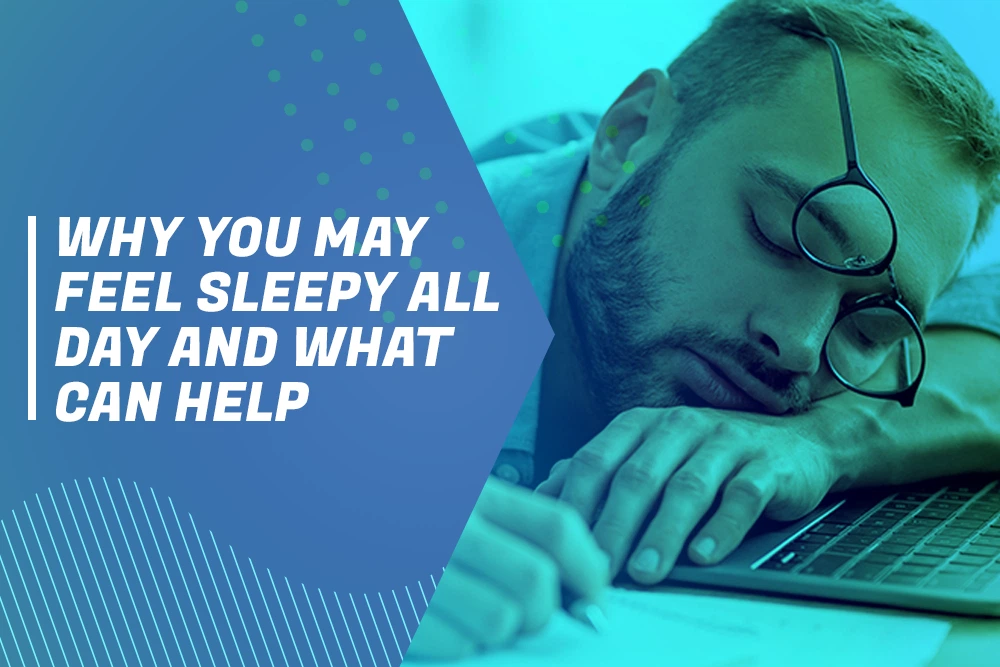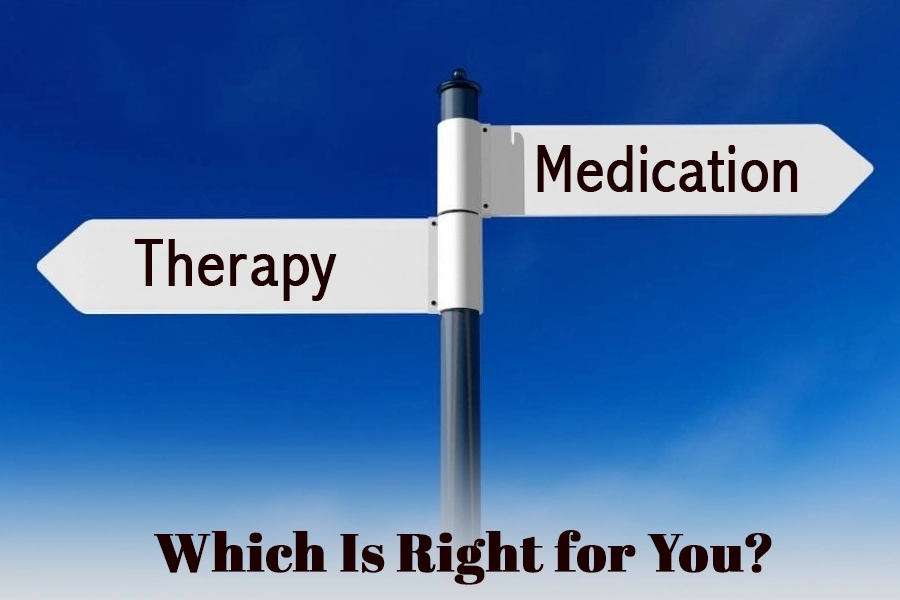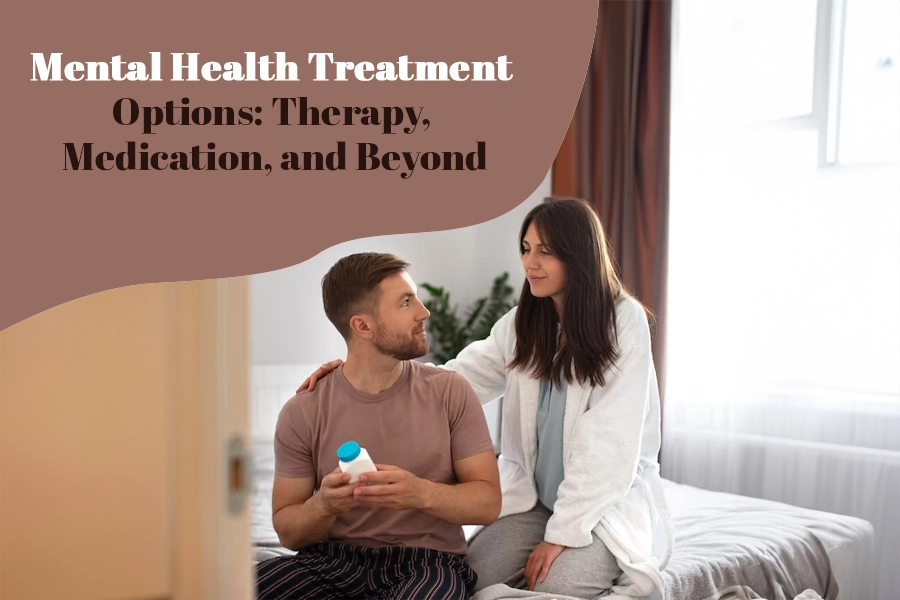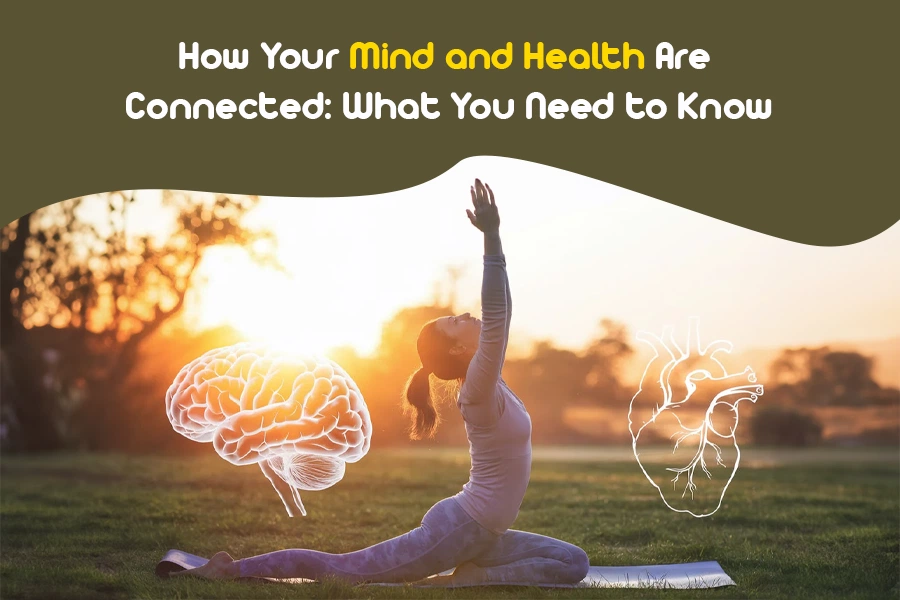What Is Erectile Dysfunction?
Erectile Dysfunction, often called ED, is a condition where a man finds it difficult to get or maintain an erection firm enough for physical activity. It’s a common issue, especially among men over the age of 40, but it can happen at any age. Many men may experience occasional difficulties, which can be normal due to tiredness or stress. However, when this becomes frequent or ongoing, it might point to an underlying issue that needs attention.
ED is not just about a physical response—it can impact emotional health, confidence, relationships, and self-esteem. In many cases, it is a combination of both physical and psychological factors. Understanding ED helps reduce the stigma around it, allowing men to feel more comfortable seeking help and taking positive steps to manage it.
Common Causes of ED
There are several causes behind Erectile Dysfunction. The most common ones fall under physical health, lifestyle choices, medications, and psychological factors.
From a physical standpoint, ED is often linked to reduced blood flow to the organs. Conditions like high blood pressure, diabetes, high cholesterol, obesity, and heart disease can damage blood vessels and limit circulation. Nerve damage, caused by diabetes or surgery, may also interfere with normal signals between the brain and body.
Hormonal imbalances can also contribute. Low testosterone levels, thyroid issues, or other endocrine disorders can decrease desire and lead to ED. Certain medications—such as those for blood pressure, depression, or pain—may have side effects that affect physical function.
Lifestyle choices are another major factor. Smoking narrows blood vessels and limits circulation. Excess alcohol can depress the nervous system, and drug use may interfere with brain and body signals. Lack of exercise, poor diet, and being overweight are linked to both physical and emotional risks that can increase the chances of ED.
In short, Erectile Dysfunction is often a sign that something else may be affecting a man’s health, which makes early attention all the more important.
The Role of Mental and Emotional Health
Even when physical health is good, emotional and mental well-being can deeply affect performance. The brain is a powerful part of physical response, and emotional concerns can quickly lead to interruptions.
Anxiety is one of the leading psychological causes of ED, especially performance anxiety. When a person worries too much about their ability to perform, the mind becomes distracted and stressed, preventing the body from responding naturally. Stress from work, money, or family issues can create constant mental pressure, which makes it harder for the body to relax.
Depression is another factor. It not only reduces mood and interest but also affects energy and desire. Feelings of sadness, guilt, or low self-worth can interfere with physical connection. Sleep problems, which often go hand-in-hand with stress and depression, may also make things worse.
Sometimes, relationship issues can cause ED. If there’s a lack of trust, emotional distance, or unresolved arguments, it may create tension. Poor communication between partners or fear of rejection can reduce comfort and affect natural responses.
Therapy or counseling can be extremely helpful in managing ED when psychological factors are involved. Speaking with a professional provides a safe space to talk, reduce stress, and rebuild confidence. Emotional support can be just as important as any medical treatment.
Healthy Lifestyle Habits That Help
A healthy lifestyle can play a major role in both preventing and improving Erectile Dysfunction. The body and mind are closely connected, and small daily changes can lead to lasting results.
Exercise is one of the most powerful tools. Regular physical activity improves blood circulation, strengthens the heart, boosts energy levels, and helps regulate hormones. It also reduces stress, improves sleep, and enhances self-confidence.
Nutrition is equally important. A balanced diet rich in fruits, vegetables, lean proteins, whole grains, and healthy fats supports overall wellness. Certain foods, like leafy greens, berries, nuts, and fish, improve circulation and heart health.
Weight management also matters. Being overweight increases the risk of diabetes, heart problems, and hormone imbalance—all of which contribute to ED.
Avoiding harmful habits is key. Smoking affects blood vessels and reduces circulation. Heavy alcohol use depresses the nervous system, while drug use interferes with brain signals. Reducing or quitting these habits can make a major difference.
Getting enough sleep is often overlooked. Poor sleep can reduce energy, increase stress, and lower hormone levels. A good night’s rest helps the body reset and stay balanced.
Incorporating these habits not only helps with ED but boosts overall health, mood, and quality of life.
When to Seek Medical Advice
It’s important to know when ED needs medical attention. While it’s normal for occasional issues to occur, if it happens frequently or interferes with daily life, it’s time to speak to a healthcare provider.
Doctors are trained to treat ED professionally and confidentially. They may start by asking a few simple questions, reviewing medical history, and possibly running some tests to check for health conditions like diabetes, heart disease, or hormone imbalances. Identifying any underlying causes allows them to suggest the right treatment.
Treatment options vary based on the individual’s needs. For some, lifestyle changes and stress management may be enough. Others may benefit from prescribed oral medications that improve blood flow. In certain cases, other options like hormone therapy, medical devices, or counseling might be suggested.
It’s important not to self-medicate or try unapproved supplements. A proper diagnosis ensures safe, effective treatment and avoids unwanted side effects. Many men feel relieved after getting professional advice and learning how manageable ED can be.
Summary
Erectile Dysfunction is more common than many think, and it does not define a person’s health, strength, or worth. It’s often a signal from the body that something—physical, emotional, or lifestyle-related—needs attention.
The good news is that ED is highly treatable. With the right support, positive lifestyle changes, and professional care, most men can regain full confidence and feel in control again. Being open about it is the first brave step toward improvement.
Remember, you’re not alone—and it’s okay to ask for help.









Leave a Reply